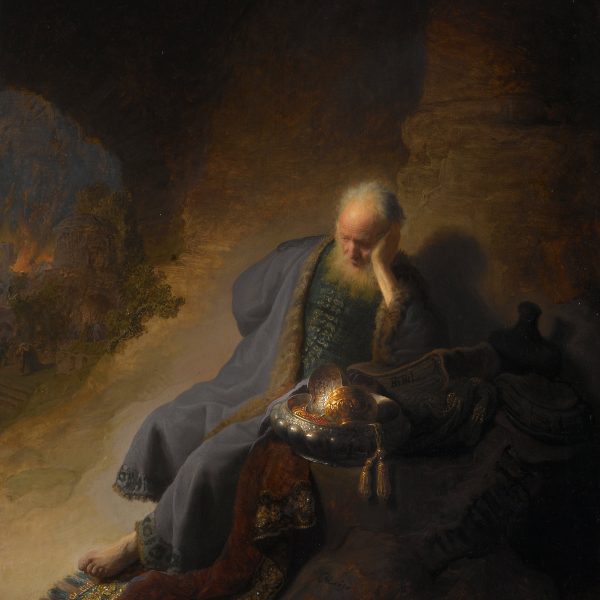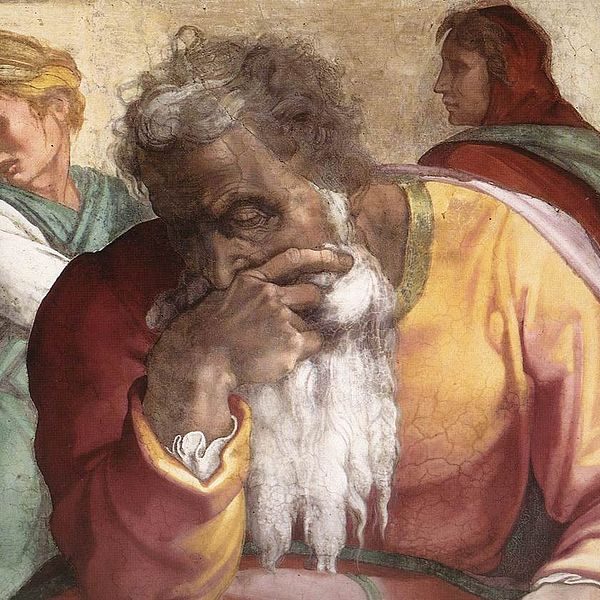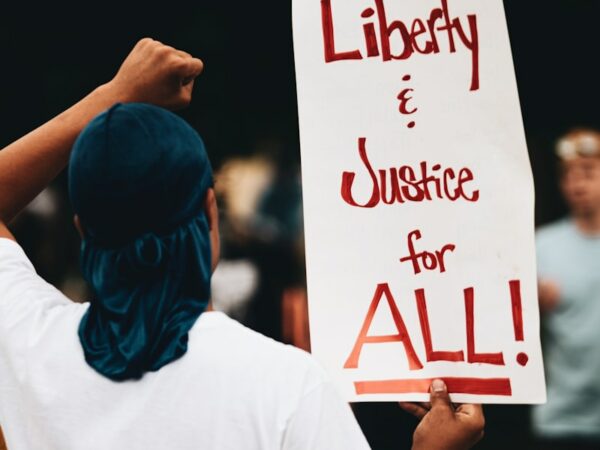
Kings and rulers often justify themselves through their pedigrees. Jeremiah’s political hope, however, does not rest on elite politics. It rests on a policy of righteousness for all.

This Christmas season, what might it mean to live into the promise of hope fulfilled, when our pandemic experience means that hope strains against lost lives and lost livelihoods? Perhaps it involves visioning a redemption—one built on the social and economic implications of Jeremiah’s vision of those redeemed.
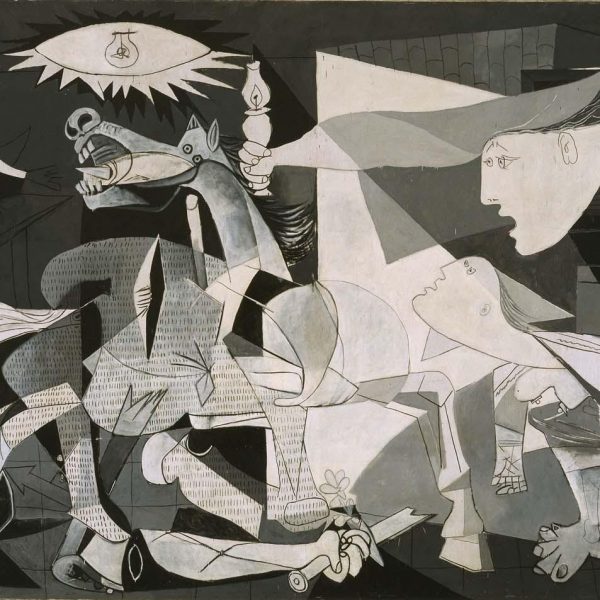
Could prophetic politics, with its unique emphases, allow us to envision another, possibly less dogmatic and more differentiated form of political theology? Could focusing on the schism between prophetic voice and political institutions reveal a different understanding of political theological concepts, beyond the realm of power and sovereignty?

How does one turn away from a Lenten desert, so profoundly illustrated in the wastelands of plastic filled beaches, and walk towards the resurrection hope of Easter? Perhaps by remembering that Easter is coming, but its only the middle of the story.

The Prophet Jeremiah announced a gift that refers not only to the repopulating of the land after the exile, but also speaks about the renewal of hearts, a covenantal gift rooted in God that would renew the people of God at all levels of society.
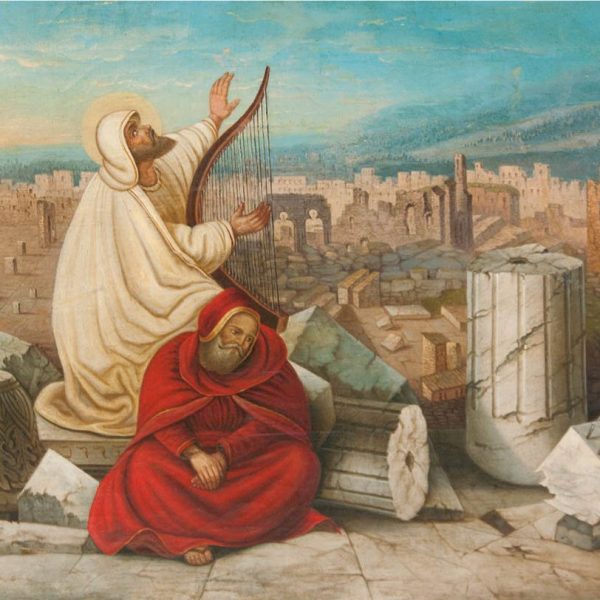
Our societies are built upon the oppression of the poor and marginalised and yet, unless we remove ourselves entirely from the web of cords, laws, taxes, products, and biological needs inherent in twenty-first century life, we are forced to participate in the oppression of others, and the destruction of our habitats. We see, we know that the world is on the brink, yet we cannot escape. Facing such a reality, Jeremiah offers us a way forward: we lament, we express our rage, we retain hope by continuing to call for change, and through it all we never allow ourselves to be numbed or silenced by the enormity of it all.
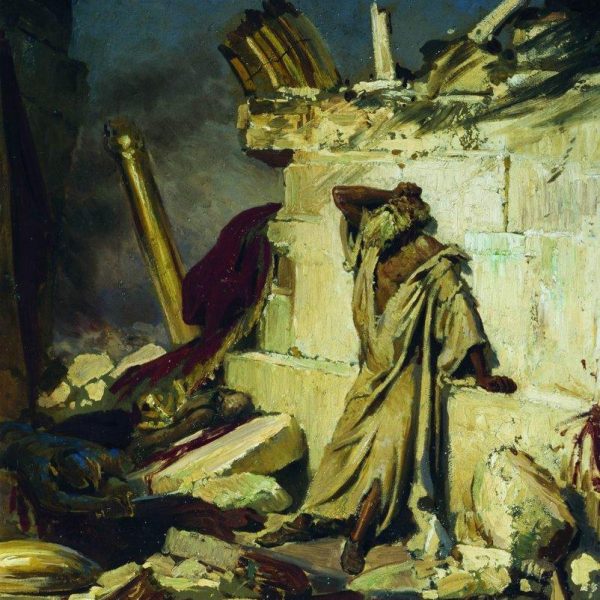
These essays reflect the book of Jeremiah’s attempts to grapple with the consequences of involuntary migration, as well as the challenges faced by Christians grappling with the relationship of the biblical and theological tradition to the contemporary pursuit of justice.
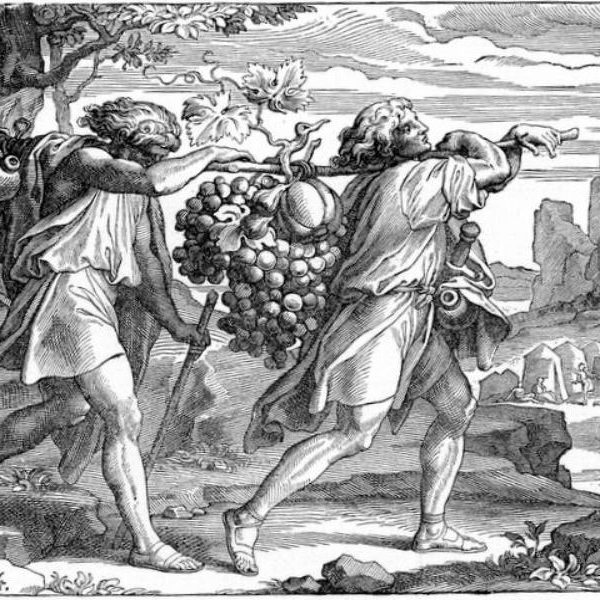
The promise of the new covenant in Jeremiah 31:31-34 contains political dimensions that typically pass unrecognized, but which provide a rich description of an ideal polity. This prophetic vision can serve as a powerful counterpart and companion to more conventional political utopias and idealized societies.


